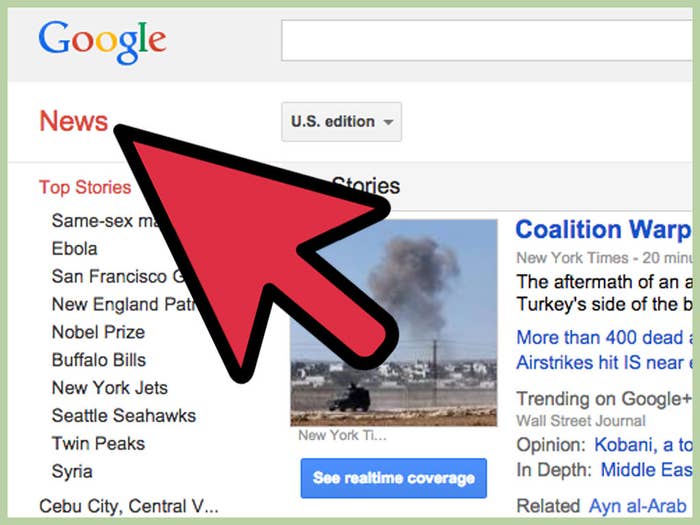
It is understandable that this is a big deal for search engines and bringing awareness to false information in their results. However, this is a battle search engines cannot do on their own. More importantly, they morally should not do this on their own. Search engines should not be dictating what is truth.
We see the issue that arises from search engines determining what is truth and labeling information or content as such. This may not be abused now, but there is no guarantee this will not be abused in the future.

Reviewing Websites
To manually review all websites that show up in Google search engine is impossible. However, for any site to appear in Google News, publishers must meet the guidelines Google has laid out. Also, the content has to go through a manual review by Google. So, to be a part of Google News, it has to be manually reviewed, which can help with validating facts.
One thing that does make it confusing is that not all the content is Google News. Since a change in the algorithm in 2014, it pulls content from traditional organic searches into the “In the news” box. This was how Google was accused of showing fake news. An article about the election feed into the search results was incorrect.
There needs to be better transparency about what constitutes as Google News compared to what is not. Labeling it as news may give it too much credibility. Google will likely find another way to list the search results instead of changing how things get pulled into the search results.
Demoting Fake News
In the past, search engines have dealt with phony news by promoting the most authoritative search results. The thinking behind this was that the sites with the most authority and trust would be less likely to report false news.
In general, this is probably okay, but what about those sites or content that go viral because it becomes popular, even when it is false? This does not prevent phony news from being in the top search results.
Google’s ability to algorithmically determine facts was recently called into question. One such individual, Danny Sullivan, gave several case studies in which Google got it wrong. He goes on to outline the difficulty of an algorithmic analysis to determine truth on the internet.
Eliminating Incentives

Marking Content that Has Been Checked
If you can somehow signal or mark when something has been fact check, then this would give more credibility to the source and facts. However, this will meet some resistance because the user will have to determine if they agree with the person or source of the fact checking. However, if there was a way to have an unbiased group fact check and be able mark this, this could be helpful.
Supporting Organizations that Fact Check
This can be a slippery slope, but if there are unbiased groups that get support from across many levels to check and verify sites and content on sites, this would be helpful if it is not the search engines themselves. This is especially helpful if there are multiple companies doing this. There are several in the UK and Google has given funds to one of them.
Conclusion
This is not an easy topic. There are many deep issues and it is a challenge. There is hope that this can be done right and will be done right in the future. But, these decisions need to be made now and things put into place so we do not get ourselves on a slippery slope of phony news.

